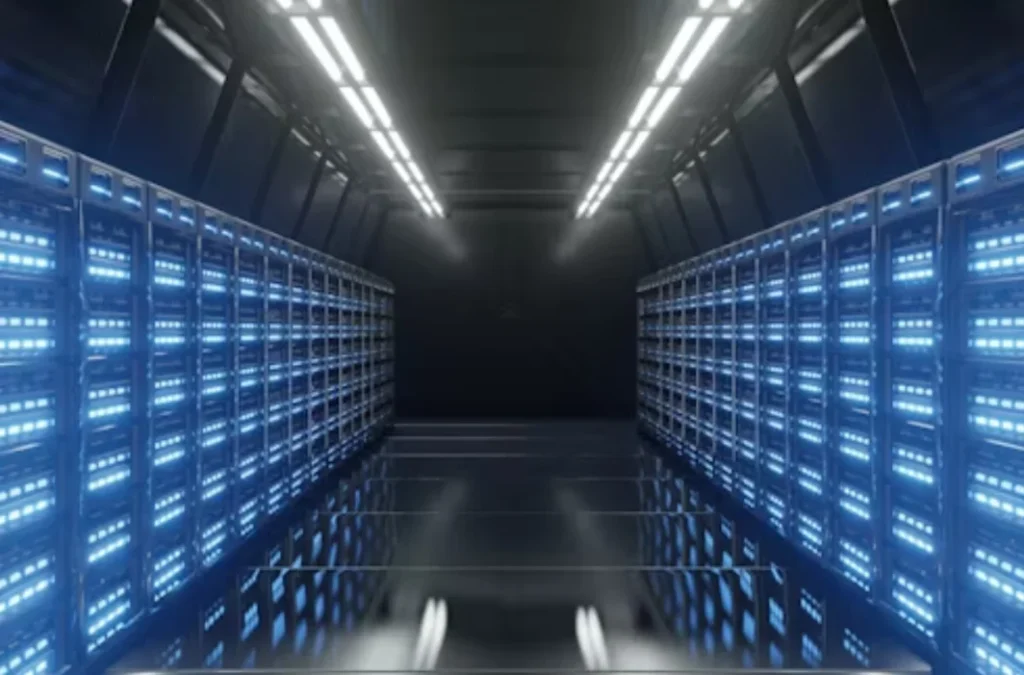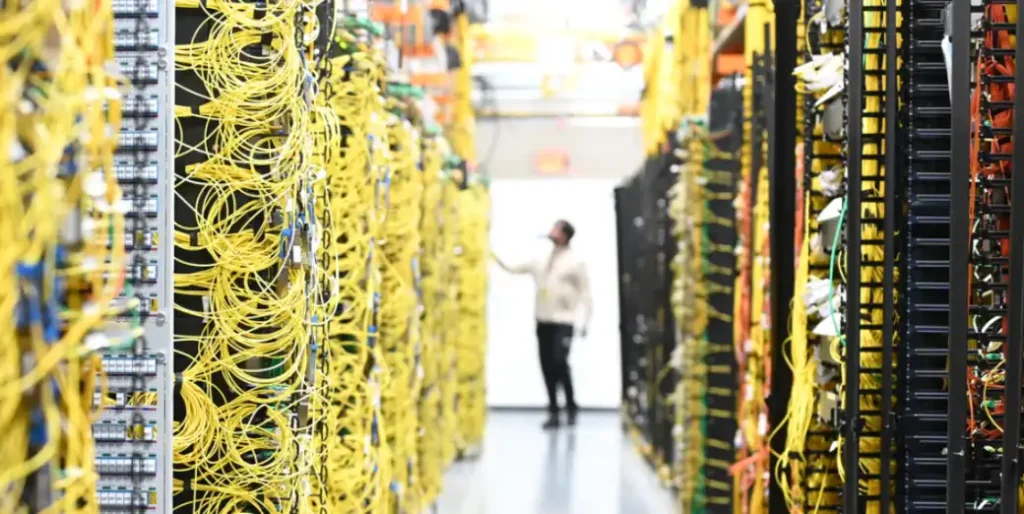In most supply systems, disruption is an exception. In complex and fragmented markets, it’s routine. For logistics leaders navigating erratic trade policies, infrastructure gaps, supplier fragmentation, or digital bottlenecks, efficiency is no longer the goal, resilience is. Maame Korkor Prah’s Digital Supply Networks: From Linear Chains to Intelligent Ecosystems offers a compelling rethink of how modern supply systems should be designed, not just digitized.
She strips away the dated assumptions of linear logistics and introduces a more grounded, systemic model. Her work reframes supply chain transformation as an ecosystem shift, one that centers on visibility, distributed intelligence, and adaptability across every node. The core insight is clear and bold: resilient supply networks cannot emerge from centralized control, they must be built to think, learn, and respond across context.
The book is already redefining how supply transformation is approached in volatile and high-growth markets. In corporate strategy circles, her frameworks are replacing traditional procurement metrics with agility-based planning. Her model has been embedded into capacity-building programs for national logistics systems, and is fast becoming a key resource in trade advisory, regional integration efforts, and manufacturing sector reforms.
But this is not just a tool for global firms. Local distributors, mid-size manufacturers, and even policy teams grappling with fragmented supply corridors are using her work to develop smarter flow systems; systems designed for multi-directional movement, scenario-based planning, and predictive responsiveness.
She doesn’t position disruption as an anomaly to be smoothed over. She frames it as a constant environmental input, one that should shape operational architecture from the outset. Her playbook of modular digitization, real-time feedback loops, and network decentralization gives businesses the structure they need to grow inside complexity, not despite it.
At a time when global attention is shifting toward regional supply resilience and intelligent sourcing, Digital Supply Networks is bridging the conversation between infrastructure, technology, and strategy. It resonates with logistics professionals, economic planners, and enterprise leaders seeking not just transformation, but transformation that lasts.
Through this work, Maame is not simply advancing supply chain discourse, she’s equipping leaders with the tools to rebuild systems that can survive, adapt, and lead in the new supply reality. Her contribution marks a significant step toward making intelligence, not just inventory, the beating heart of supply ecosystems.











